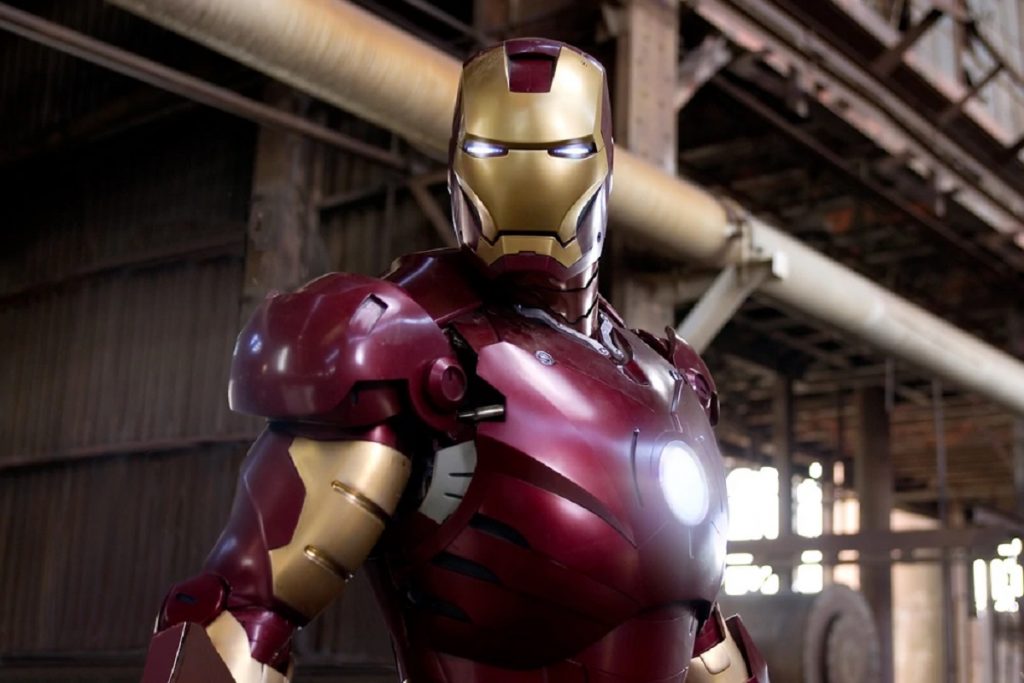
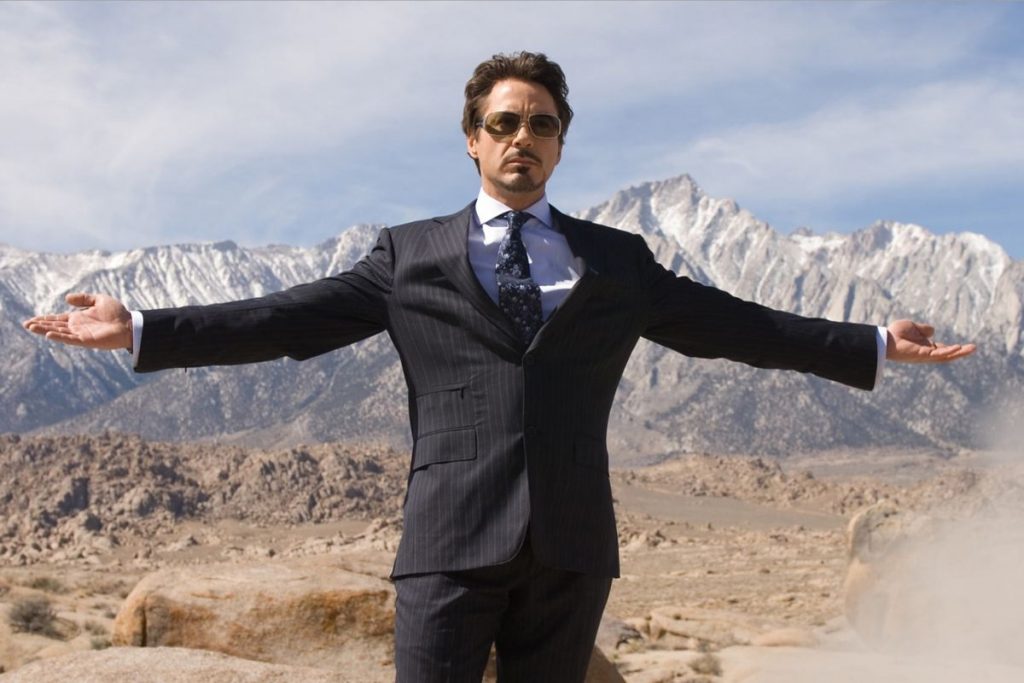
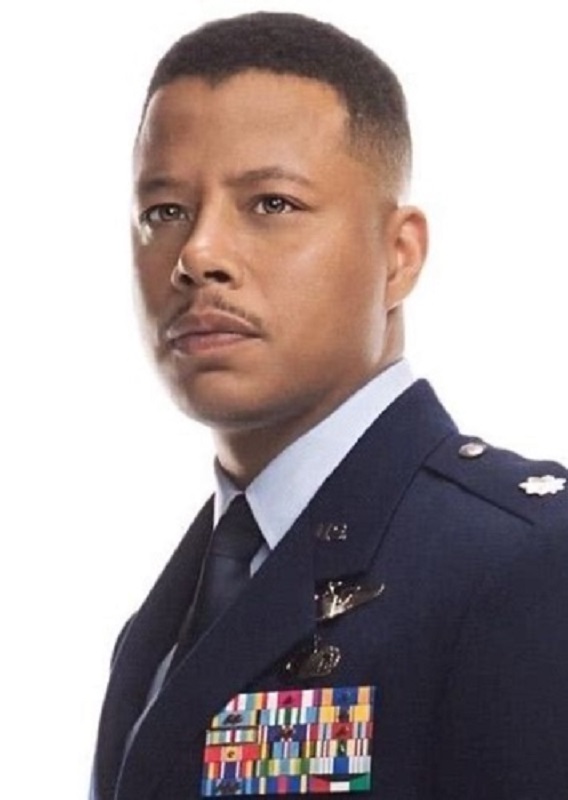
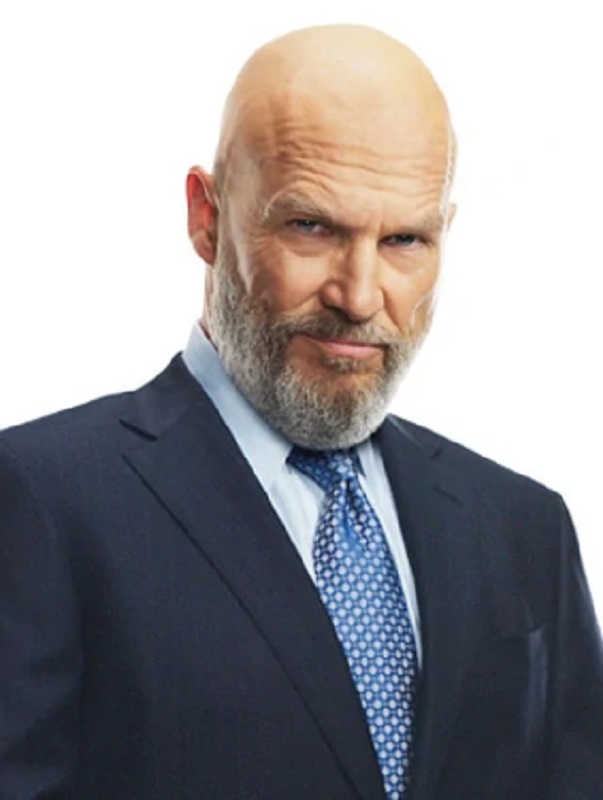
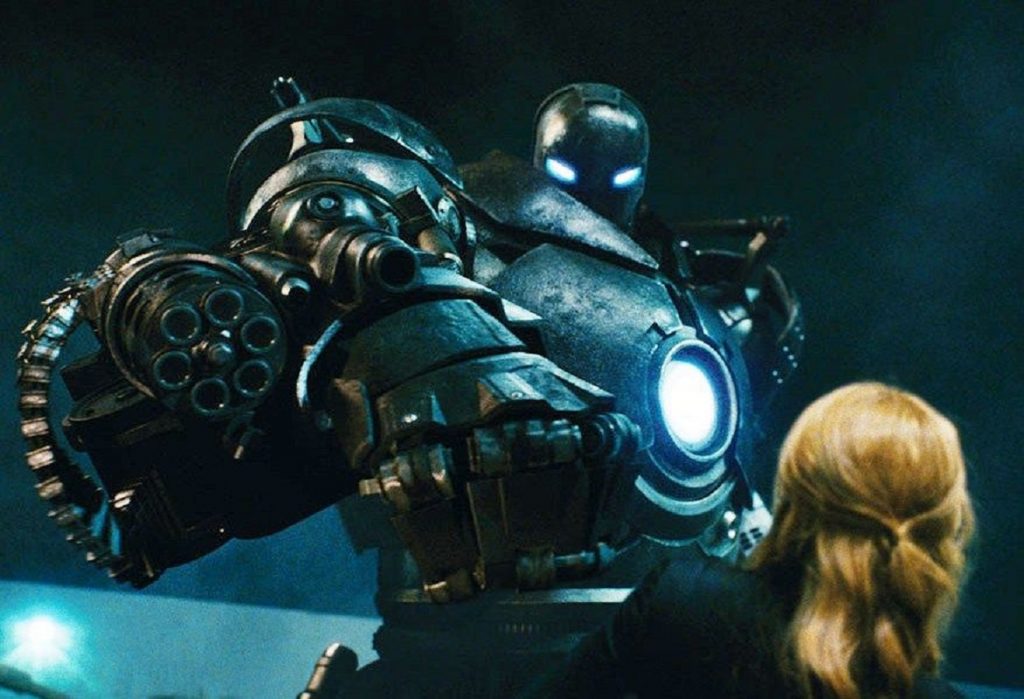
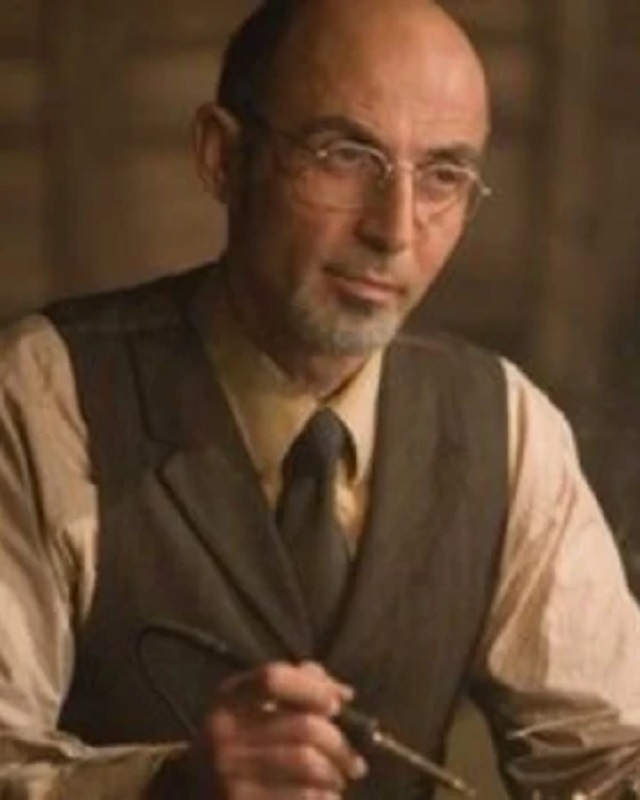
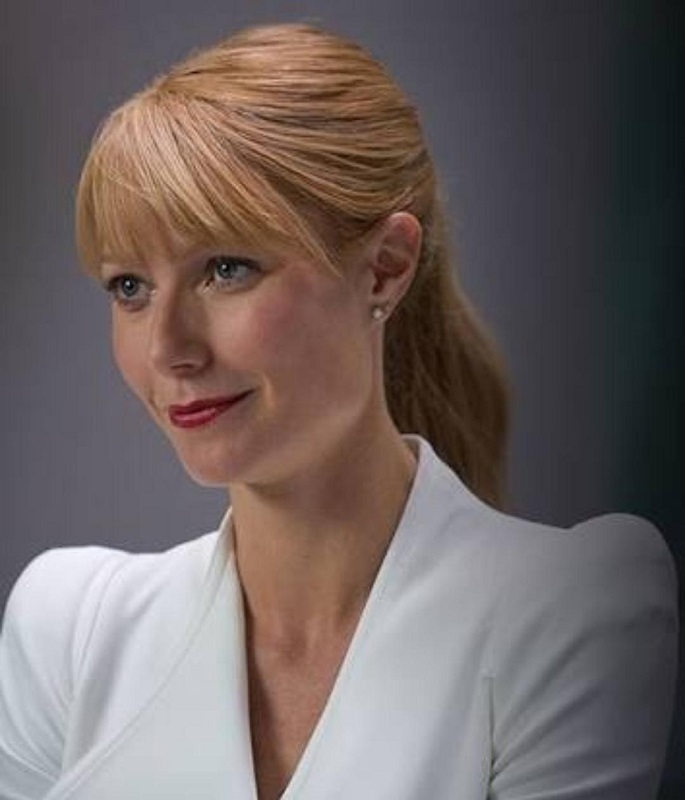
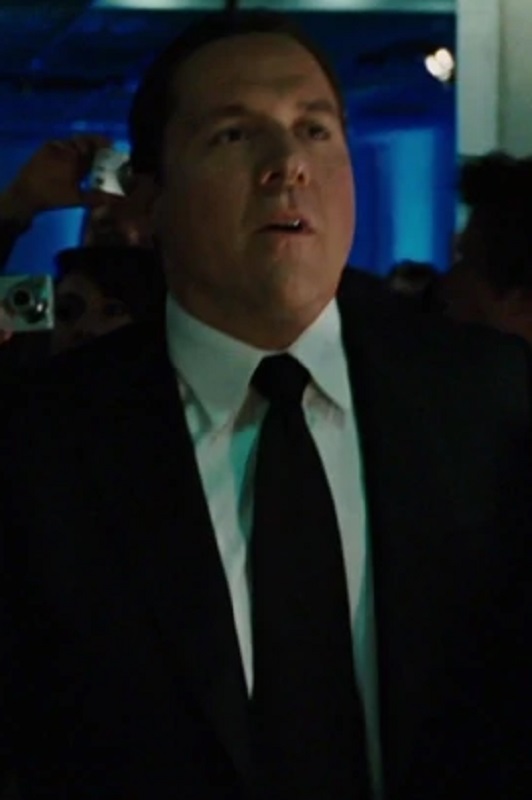
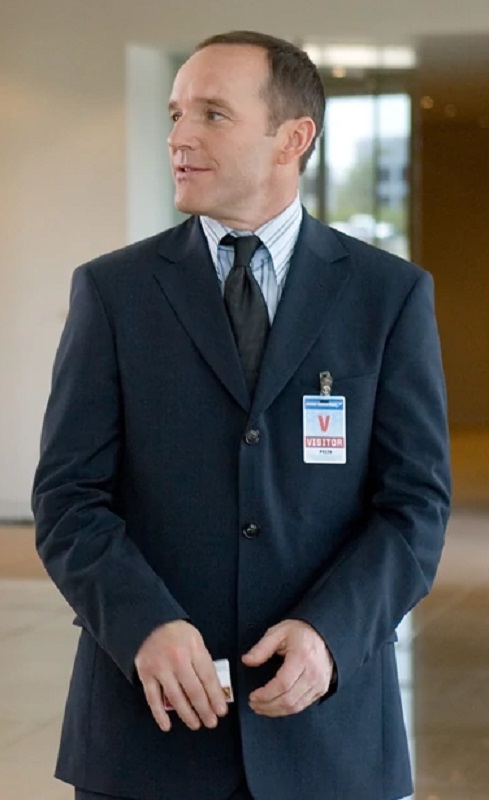
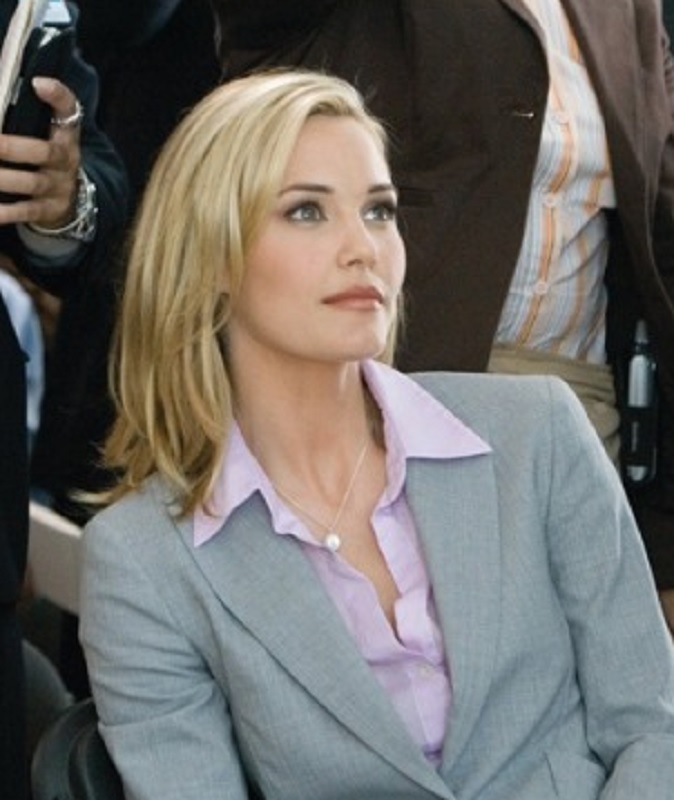
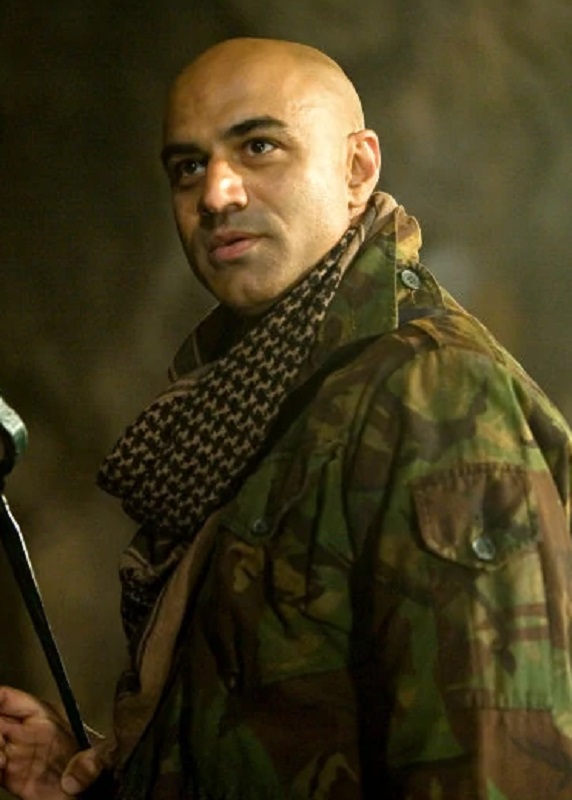
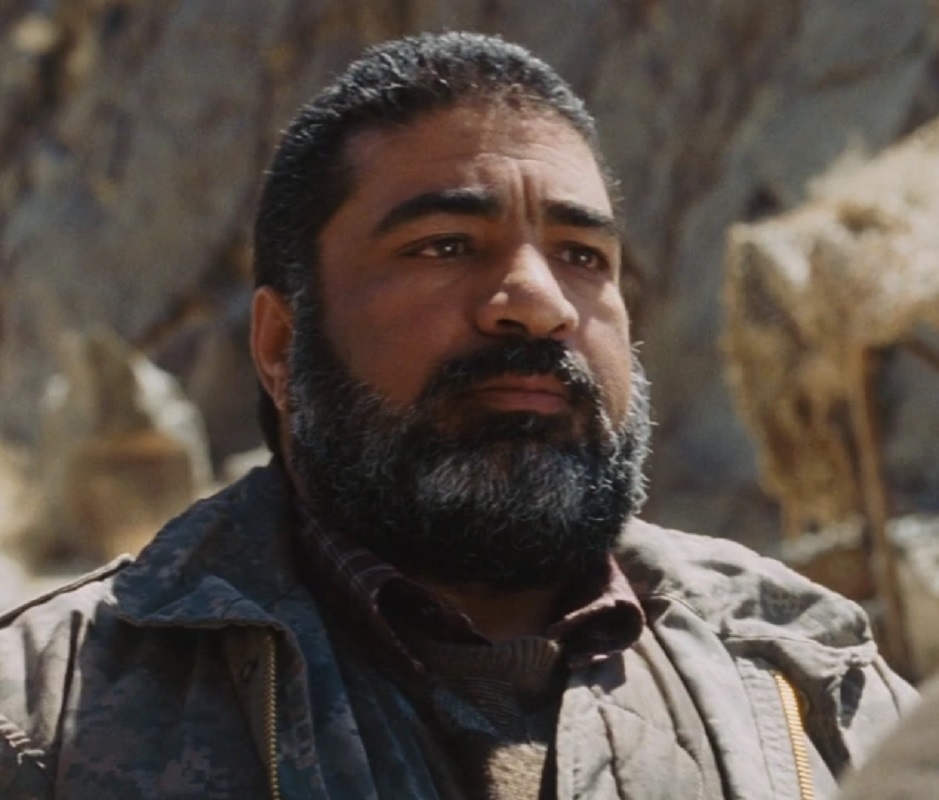












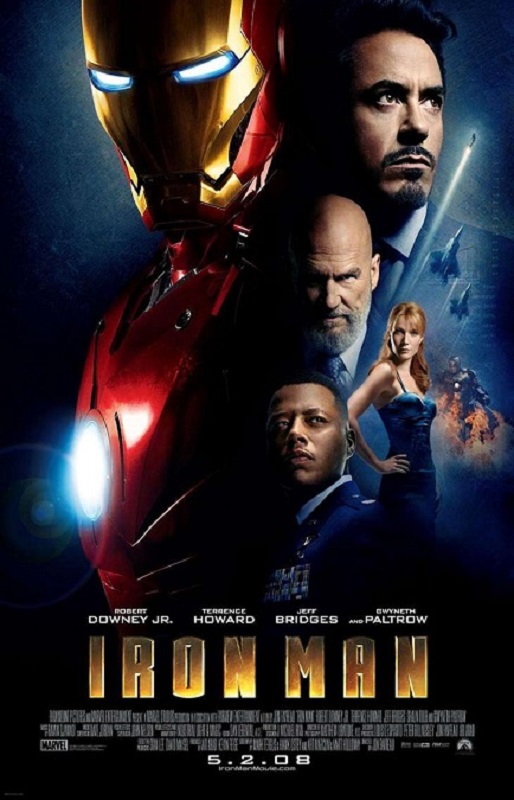
Iron Man
So this was the movie that really started it all off, and it was awesome. But that is a lot more significant than you might think. This was the real beginning of the MCU. Back then, in 2008, nobody knew, nobody had any clue just how massive and how good the franchise would turn out to be. I tend to think that if this movie had performed poorly at the box office, I doubt they would have made that many more of them.
At that time, superhero movies were not that highly regarded, and it’s no wonder why. There were a few successful examples like the first two Superman films, or the first two Batman movies. But then both of those properties turned out some real clunkers, and superhero movies became jokes. Yes, there were a lot of good examples of superhero movies like some successful Spider-man films or the X-men franchise, but even they eventually started to go down the same road. I mean, just look at the multiple attempts to bring the Fantastic Four to the screen or even The Incredible Hulk. Put them all together with films like Cat Woman and Green Lantern, and you have a hard nut to crack But Iron man was a good movie first, and a superhero movie second. And defying expectations, the movies in the Marvel franchise just kept getting better. But even after all the MCU installments that have been released up to date, this one is still very re-watchable. It still holds up. The story, the acting, the visual effects, the characters, the humor, and the exciting action sequences, all combine to make for a really entertaining movie.
Of course, the casting was spot on. Can you imagine anyone but Robert Downey Jr. playing the part of Tony Stark? Of course not. It is his role, and nobody else’s. Gwyneth Paltrow, playing the part of his professional assistant, Pepper Potts, was great, as was Jon Favreau, playing his bodyguard and driver, Happy Hogan. Other notable members of the cast were Terrence Howard as James “Rhodey” Rhodes, Clark Gregg as Phil Coulson, and Shaun Toub as Ho Yensin. Then there were the bad guys, Jeff Bridges as Obediah Stane, and Faran Tahir as Raza. Everyone took their jobs seriously and turned in great performances.
And about the story, I have to say that the creators tried to base as much of the fantasy in reality as they could. They eased audiences into the concept of a guy in a technologically magical suit of armor by starting off rough and clunky, and the letting us see the development and evolution of the super-suit. The started us off in the real world, and introduced elements that could almost be seen as possible in the world in which we live. We didn’t have to stretch our imaginations too far to see the progression… with one exception. During Stark’s escape from the terrorists, he flies out and ends up falling out of the sky to land in the desert. I’m sorry, but, the fall would have killed him, or at least broken half the bones in his body. But he just walks it off.
So the villain, wonderfully played by Jeff Bridges, (I don’t think he was ever given an official super-villain name) was good, even though he followed a very common comic book nemesis trope. He was just a carbon copy of the hero. So the real conflict was resolved by who knew how to use the technology better. Who was smarter? Well, clearly, Stark, who was the real genius from whom Stane stole all the tech needed to make his own power armor. It made sense that Tony was able to out-smart the bad guy several times and kill him. Yeah, amazing how easily Stark took to killing, isn’t it? First the terrorists, then former business partners gone bad.
I also loved Clark Gregg as Agent Coulson. I liked the character, and I liked the way the actor portrayed him. And though I liked Terrence Howard, I didn’t mind that they changed the actor to Don Cheadle in subsequent films. It isn’t that Howard was bad. It’s just that Cheadle was better. And just one final thought. After watching the entire Infinity Saga, then re-watching this movie, it becomes clear that right from the beginning, Kevin Feige had a revolutionary master plan that worked beyond anyone’s wildest expectations. It was a huge risk that paid off. Like I said: good movie first, superhero movie second.
Top 10 Favorite Parts
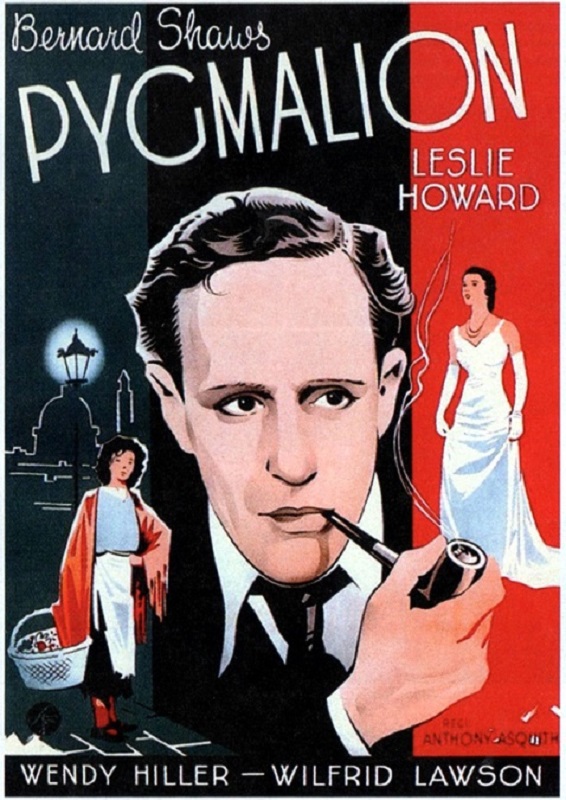
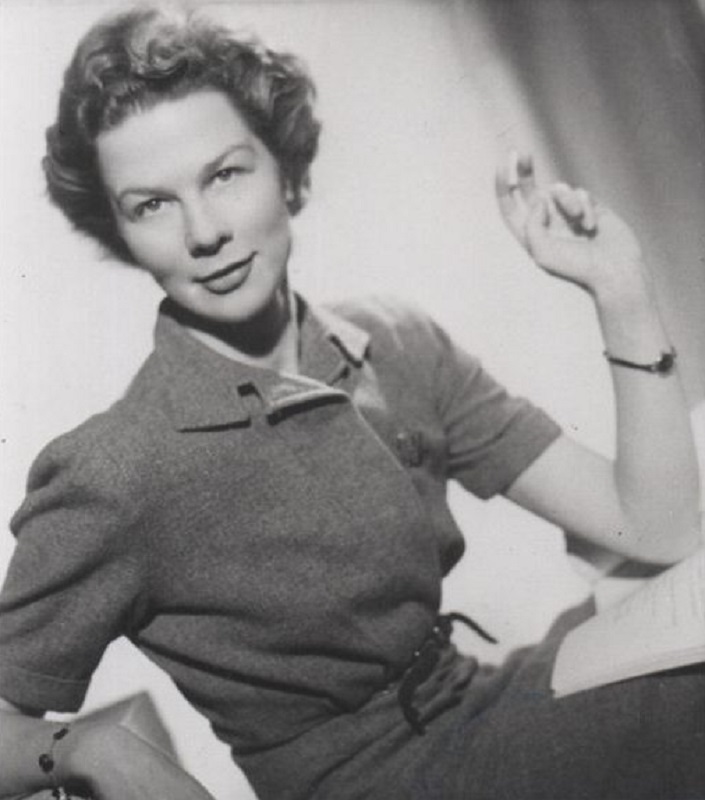

1938 – Wendy Hiller
Pygmalion
Wendy Hiller did a fantastic job. This isn’t the first time I have watched this movie, but this is the one that brought Hiller to my attention. Everything I have ever seen her do has been noteworthy. But here she was, a fresh-faced twenty-six-year-old actress who was incredibly skilled in her craft. And she really knocked this one out of the park. And it didn’t hurt that she was beautiful as well.
The role of Eliza Doolittle is a very complicated one. Not only is it packed full of emotional gravitas, but it requires mastery of two different accents, the first one being a strong Cockney, and the other being a high-born English, though in this case, it would be high-taught. Hiller pulled them both off quite believably, and even had to combine the two a little bit in the film’s climactic scene. But it wasn’t just the accents, it was the attitude. The way she carried herself from the beginning of the movie to the end had to evolve with the character. I imagine this could not have been easy, but Hiller was perfection.
One of my favorite scenes with Eliza is the one in which she first comes to Professor Higgin’s house, looking for speech lessons. The character of Eliza is way out of her depth and doesn’t even know it. There is a confidence in her that is nervous and vulnerable, and by the end of the scene it is very nearly crushed by Higgin’s acerbic personality. She ends up terrified, and yet determined to better herself, even if it means allowing him to treat her badly. And the complete shift in her mannerisms when Colonel Pickering shows her respect and kindness was remarkable.
But probably one of the more difficult scenes for Hiller to play was the climax of the story, where she walks out on Henry Higgins. There was a strength in Hiller’s eyes that was unmistakable. There was confidence and a sense of self-worth that was crucial to the narrative. I thoroughly enjoyed Hiller’s performance in this film. She made me enjoy the movie, despite the fact that I’ve never been a huge fan of Leslie Howard, who, I must admit, did a good job, as well. The original play by George Bernard Shaw was beautifully written, and Wendy Hiller really did the part justice. I think she really deserved her Oscar nomination.
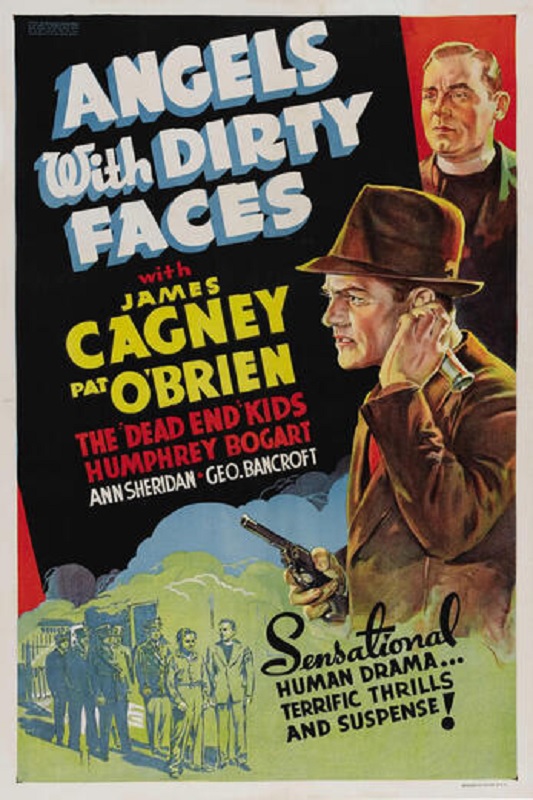
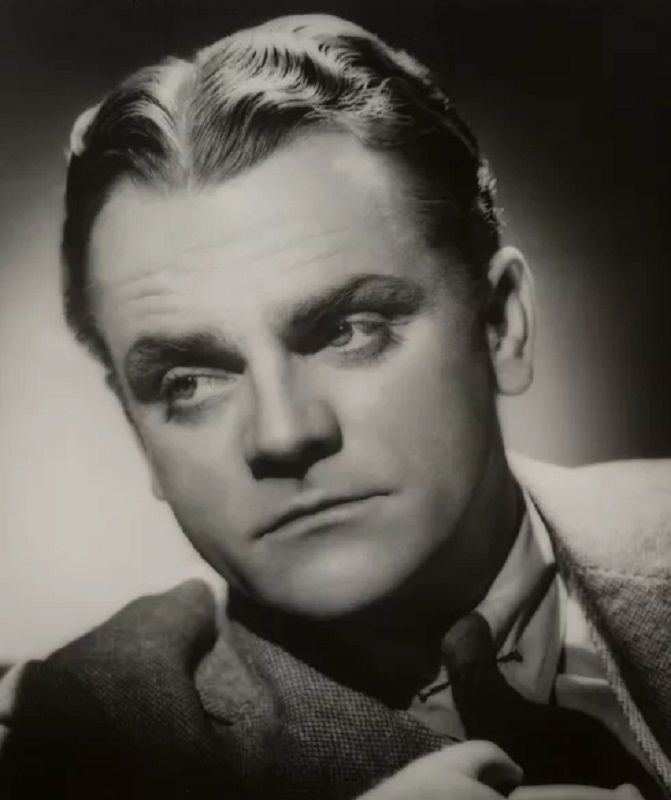
1938 – James Cagney
Angels With Dirty Faces
I have not seen many films with James Cagney, but I have liked him in those I have. He was one of those actors who could whip out that quick dialogue and make it seem easy. And there was a presence about him that was attention-grabbing. He was handsome in an unconventional way and he knew how to turn on the charm. Even though he was the movie’s bad guy, you ended up liking him anyway. He was a gangster who was involved with the mob, a thief, an extortionist, and a murderer. And on top of all that he was charismatic and likeable.
Not having seen any other movie in which he played a gangster, I don’t know if he used a set of traits of movements every time, but I have seen other actors impersonating him and using his moves. That sharp little shrug when he was getting ready to do something, the way he walked with that tough-guy attitude, that fire in his eyes that never left his gaze, whether he was pointing a gun at someone or trying to put the moves on a girl.
And I liked the way he played Rocky. He wasn’t just bad for the sake of being bad. He had a softer side. He made a connection with the Dead End Kids who were pretty important characters in the movie, and you could tell, through his acting, that Rocky felt somewhat paternal towards them. He clearly saw a version of his younger self in them.
There was only one thing that Cagney did that had me rolling my eyes a little. In the big shoot-out scene where Rocky gets captured, he is firing six-shooters. But he looks like he is, I don’t know, furiously working some kind of hand pump, when he is shooting multiple slugs in a row. It’s like he is emphasizing each shot with a forward thrust of his hand, like he is hammering a nail. I’m not a marksman, but it just seems like his accuracy would be zero without a steady hand, and never-mind the recoil of the weapon. The silly motion just made him look like an actor who was playing at shooting a toy gun. Yet somehow, he was more accurate than the police trying to capture him. But that’s ok. Cagney was really a song and dance man, like in Yankee Doodle Dandy, not a real gangster.

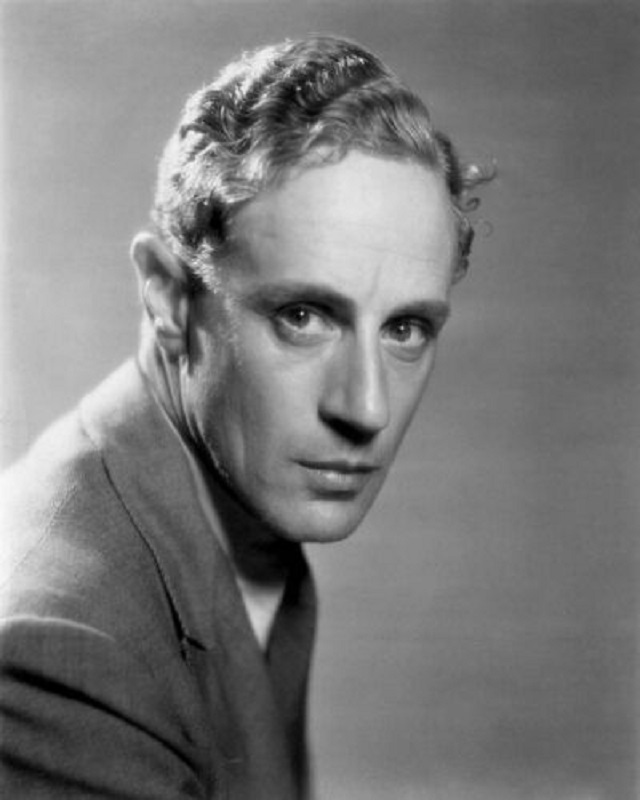

1938 – Leslie Howard
Pygmalion
Well, here we are with another British actor who goes out of his way to keep his emotions hidden. But Leslie Howard benefited from a script for which this is a necessary personality trait. Howard was perfect for the part. As a matter of fact, the lack of emotion in the character of Professor Henry Higgins is a major plot point in the story. So I paid close attention to the subtext, the subtlety, and the intentional lack of emotion in Howard’s performance.
Higgins’ insensitive nature was played perfectly. The point is driven home in a single exchange near the end of the movie. He says, “My manners are exactly the same as Colonel Pickering,” to which Eliza responds, “That’s not true. He treats a flower girl as if she were a duchess.” Higgins quickly quips, “And I treat a duchess as if she were a flower girl.” That sums up the character pretty well, and Howard played the part that way throughout the entire film. He clearly understood the character he was playing, and based on other film’s I’ve seen the actor in, I think it was because it somewhat resembled his own personality, but that’s just conjecture.
There was only one scene in the narrative where Higgins really loses his temper and nearly strikes Eliza. He yells at her, barely raising his voice, but the emotion actually shows through his eyes and his furrowed brow. It was a good scene for the actor to let loose, but only a little. Howard gave the camera just enough to let us know the power of the character’s anger, but kept it under tight, careful control, preventing it from erupting into actual violence.
The rest of the movie, he played things pretty even keel, which again, was a defining characteristic of Professor Higgins. Yes, there were moments of exhaustion, amusement, frustration, and surprise, but like the anger, it was all kept to small, measured amounts. The only scene in which I think I would have liked a stronger reaction from Howard, is when Eliza makes her entrance into the ball. Yes, Higgins was supposed to be worried about the grand deception, but I wanted a more profound moment when he sees her in all her glory, looking like true royalty, admiring her not for what he’d created in her, but for who she was in that moment.
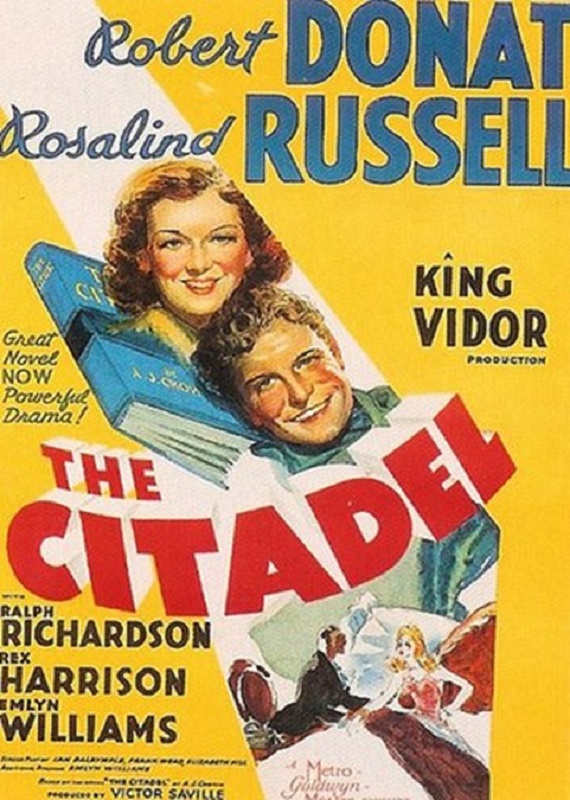
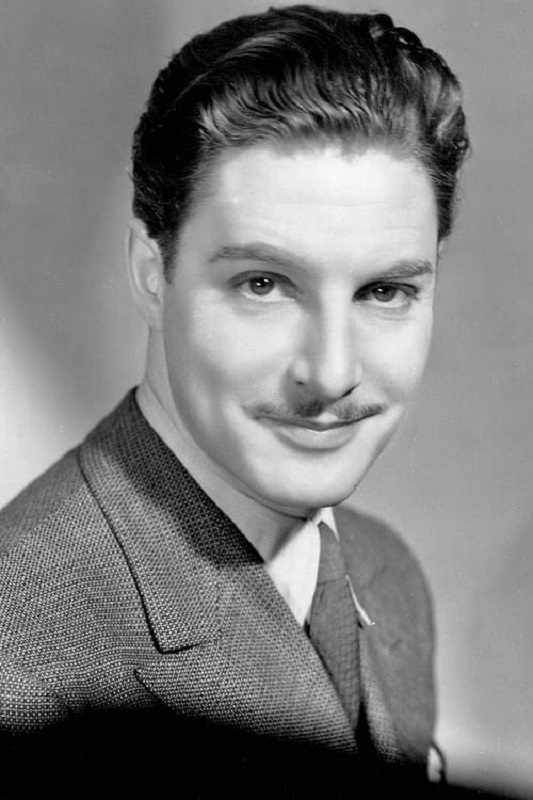

1938 – Robert Donat
The Citadel
Robert Donat was ok. He wasn’t great, he wasn’t bad. He was ok. It seems to me, there was a kind of a trend in movies from the 1930s and 40s, especially if they are historical dramas, which the Academy seemed to really like. The movie goes along without resolving the main conflict until the last few minutes. There, the protagonist delivers an impassioned speech that usually is one of those “how can you be so short-sighted / narrow-minded” speeches, after which, the end credits immediately start to roll. And it seems to me that this is the big scene that earned Robert Donat his Oscar nomination.
I want to make it clear that I think his performance in the rest of the film was just fine, but I don’t see how he really stretched himself as an actor. I don’t think he displayed more than 4 emotions in the entire movie. And when he did show us something new, it was rarely very dynamic or impactful. There was a scene in which he saves the life of a newborn baby. That one was a good scene, but that was about it.
But I have a notion that it was a decidedly British performance. British actors, especially the male actors tended to keep their emotions in check. The proper Englishman was the calmest and most subdued. Unfortunately, this often comes across as dispassionate on the screen. And the trick is, I’ve seen Robert Donat in other films where he displayed more gravitas, more emotionally animated. Still, he played the part pretty well, as it was written.
The movie followed professional career of Dr. Andrew Manson. As a younger physician, he is idealistic with a desire to work for the betterment of all mankind. But after years of poverty and being underappreciated, he falls into a cushy job where he gets paid a lot of money to pamper wealthy socialites without having to do any real work or altruistic research. But once his new ways inadvertently cause the death of his best friend, he remembers why he got into medicine in the first place, and he returns to the passion of his youth. Cue the power speech. Still, I have to give Donat credit for making a distinct difference between the two doctors.
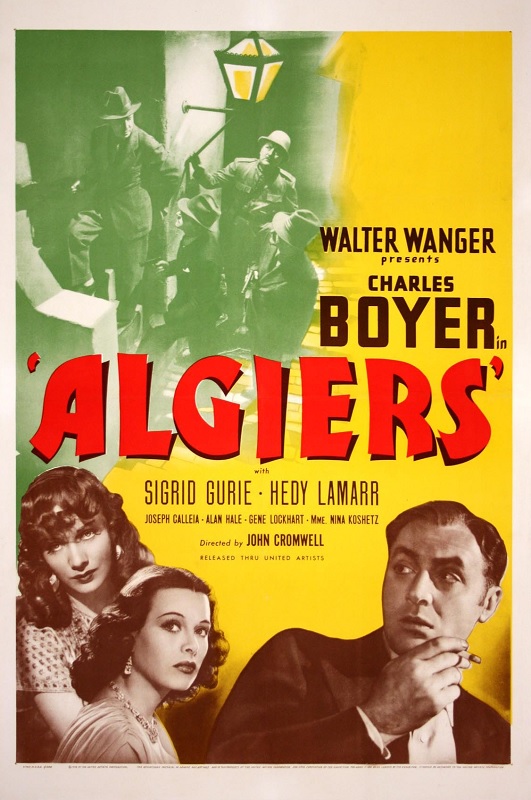
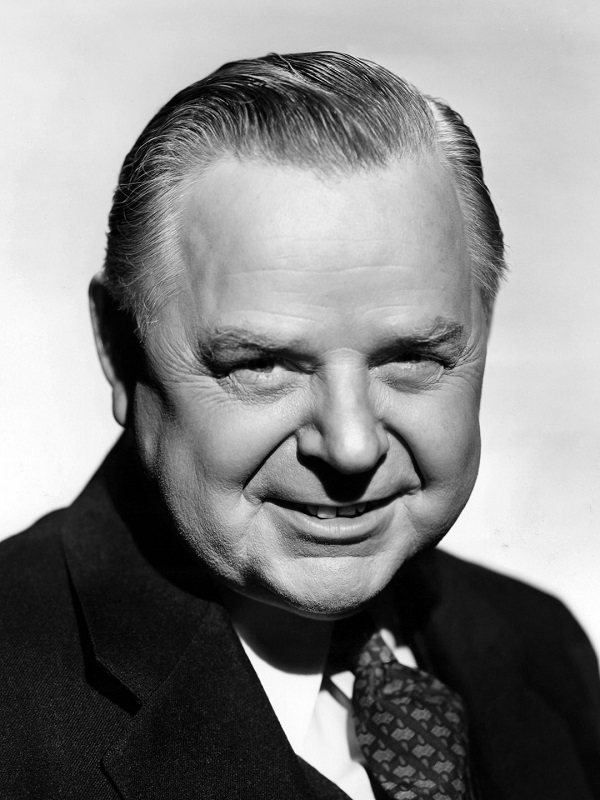

1938 – Gene Lockhart
Algiers
I originally started watching this movie because Charles Boyer had been nominated for Best actor, not realizing that Gene Lockhart had also been nominated for Best Supporting Actor. While watching the movie, I was thinking that Lockhart should have been nominated as well. Imagine my surprise, and my validation, when I learned that Lockhart had gotten an Oscar nod for his work. He deserved it.
He played the part of Regis, a sleazy resident of The Casbah, the criminal quarter in the city of Algiers. On the surface, he is a toady of the notorious thief Pepe le Moko, doing what he can to be of service to the crook, while always feeling underappreciated. But under that, he is a police informant who devises a plan to betray Pepe and collect the reward money. Lockhart was perfect in both capacities. His plan consisted of luring Pepe’s close friend out of the Casbah so that Pepe will follow him. But the plan fails and the other man dies as a result. Pepe then learns of Regis’s involvement and betrayal.
Lockhart’s final scenes were memorable, and so well acted. Pepe takes Regis into an empty room. Already nervous about the suspicious attention, Regis begins sweating. But when Pepe’s thugs slowly begin to join them, Regis knows he’s been discovered. Lockhart was great here. He knows he can’t run, and that he probably isn’t leaving the room alive. He’s so terrified, he can barely think. The assassins are all nice to him while he is a shaking, sweating, pile of fear.
I thought Lockhart’s performance was good, but in this scene he was great. He was so perfectly pathetic. And when the man he betrayed came back with a fatal gunshot wound, you could see in Lockhart’s eyes that the game was up. The actual death moment was almost surreal. Pierrot is carried into the room with a gun in his hand. Regis starts whimpering and backing away. The fear in his eyes was palpable. He bumps into a player piano which begins playing a happy, jaunty ragtime tune, a horrifying underscore to his impending murder. Pierrot’s approach is slow, giving Regis an uncomfortably long time to cower in the corner and wait for death. Lockhart handled it like a pro and I really believed his performance.

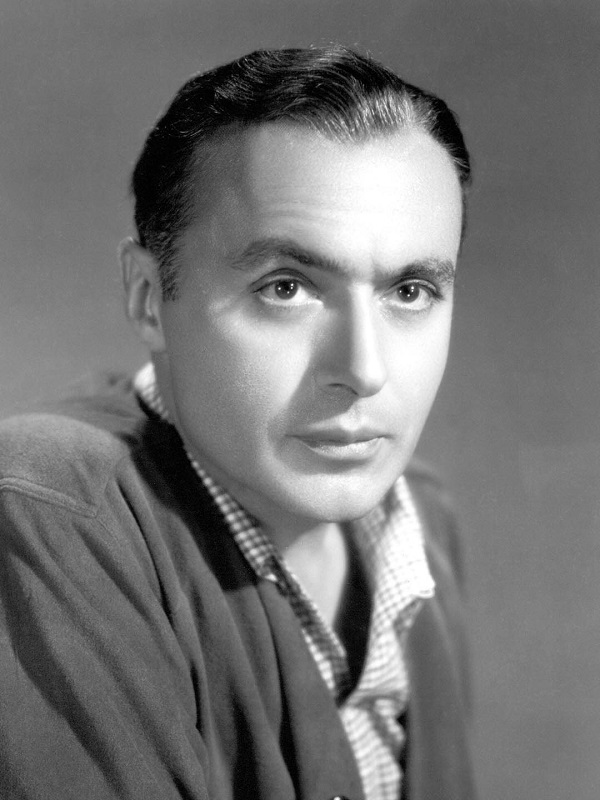

1938 – Charles Boyer
Algiers
I’ll be honest. I’m not exactly sure how I feel about Charles Boyer’s performance in this film. On the one hand, he was good, though I wouldn’t call him great. On the other, I’ve seen him play the exact same character before in other films. On the one hand, he seemed perfectly appropriate for the part. On the other, I got the vague sense that he was trying too hard to be… something, and I couldn’t pinpoint what that was. The performance didn’t feel labored, but it also didn’t feel at ease.
He played a notorious thief called Pepe le Moko, who is trapped like a prisoner in the Casbah, the seedy, criminal-laden quarter of Algiers. He wants to escape and return to his beloved France. But both the Algerian and French police are waiting for him to come out of hiding so they can capture him. The way Boyer played Pepe was mostly dark and brooding. There were a few scenes where he showed a different side, like his love scenes with Hedy Lamarr, who, incidentally, also turned in a performance that felt a little forced.
Now, to his credit, he didn’t let his own native French accent get in his way. In fact, it was a distinct advantage within the narrative. And I never had any problem understanding him. His accent was thick, but it was appropriate. At one point, he even had a conversation with Gaby about places in Paris that he loved, and it was nice to hear him speak in his own language, if only briefly.
As I reflect on the film, I’m trying to pick a scene that stood out to me as great, something that might justify his Oscar nomination, but nothing really comes to mind. As a criminal and a thug, he was never overtly intimidating. As a lover, he was only mildly romantic, though there was a darkness and a bit of danger in his pursuit of Gaby, which I kind of liked. And then there was that weird scene where he breaks out into song because he’s in love. Boy, that scene came out of nowhere and didn’t fit the rest of the movie in any way. He starts singing from his balcony, everyone stops to listen and dance a little, and you hear musicians accompanying him. And you know it was “in story” because he asks someone, if they liked his singing. It made no sense. This was not a musical, but there he was, singing???
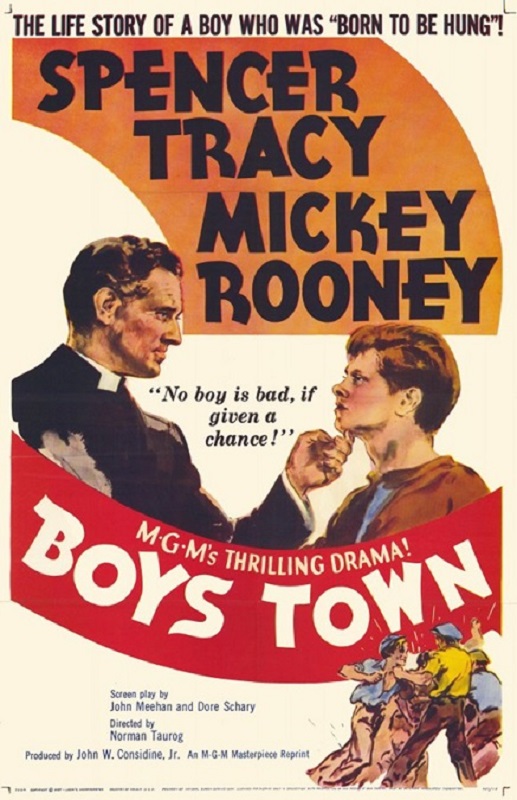
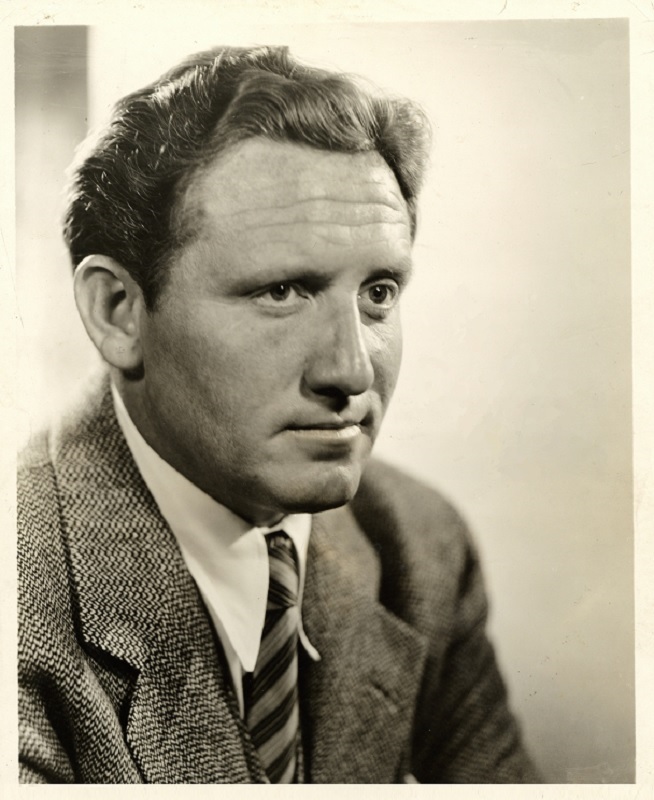

1938 – Spencer Tracy
Boys Town
Spencer Tracy was really the hot ticket in the late 30s. He had won the Best Actor award the previous year for Captains Courageous, and here he is again, winning for Boys Town. And he played a completely different character in each film. I mean night and day difference. And there was a reason for all the recognition. He was really a skilled actor who never failed to look completely at ease in front of the camera. And his role in Boys Town, Father Flanagan, seemed to suit him perfectly.
He played a saint of a man, a priest, whose motives were as wholesome as anyone could want. He seemed to be perfect, maybe a little too perfect. But I don’t blame Tracy for that. That was how the script was written. But Tracy was a natural in the part. He always had the right motives, and always knew the right things to say. He was calm and mild mannered, until the climax of the film where a strong right hook was needed to save the day. He took being good and kind and gentle to a whole new level. Such a man could easily have been a caricature, but I don’t think he was. Tracy was good enough to prevent that from happening.
Tracy played Father Flanagan as the priest we all whished we knew. He had a burning desire to help people, and he didn’t just talk about it. He took action to improve the lives of those in need. When he saw a need to help young boys who were living on the streets, he moved proverbial mountains to give them food, a home, educations, activities, and a sense of social responsibility. He did things that should have been impossible, accomplishing miracles through the strength of his convictions and his devout faith in God. And when you watch Tracy play the part, you feel that it isn’t just a role in a movie for him. It’s as if the actor is playing out his own beliefs.
If the character had any flaws, it would be that he was a bit of a bully, except that his motives were always in line with Godly behavior and wholesome Christian values. The thing is, he would use his faith and the weight of his position as a man of God to pressure and manipulate people to do what they normally wouldn’t do. Now, was that a bit of mild thuggery, or just a priest being passionate, and being able to convince people to do what he needed them to do. Maybe a bit of both, I think. It’s a fine line.
But another thing that stood out to me about Tracy’s performance is that he was obviously good with children. He loved the young boys in a completely wholesome and acceptable way. He seemed to put his own love for children into his performance, and it showed. So, nicely done, Tracy.





















